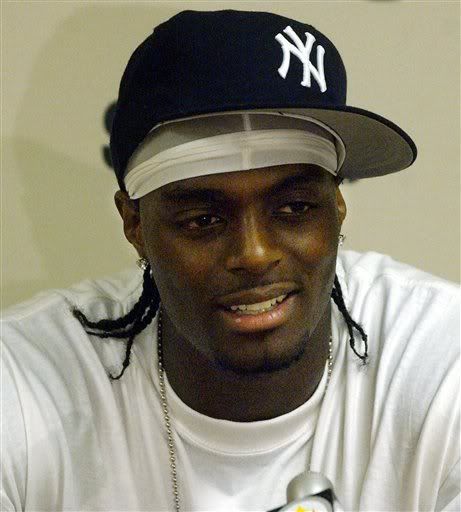Never Accuse Hapazardly
As Peace Becomes Conflict
India Faces Reckoning as Terror Toll Eclipses 170
By SOMINI SENGUPTA and KEITH BRADSHER
Published: November 29, 2008
MUMBAI, India – Death still hung over Mumbai on Sunday, as the Indian government reckoned with troubling questions about its ability to respond to escalating terror attacks.
The morning after the standoff ended at the Taj Mahal Palace & Tower Hotel, the official death toll remained 172. But the police said they were still waiting for the final figures of dead bodies pulled from the wreckage from the hotel, a 105-year-old landmark. Funerals were scheduled to continue throughout Sunday, for the second day in a row.As an investigation moved forward, there were questions about whether Indian authorities could have anticipated the attack and had better security in place, especially after a 2007 report to Parliament that the country’s shores were inadequately protected from infiltration by sea – which is how the attackers sneaked into Mumbai.
Citizen Journalists Provide Glimpses Into Attacks
By BRIAN STELTER and NOAM COHEN
Published: November 29, 2008
From his terrace on Colaba Causeway in south Mumbai, Arun Shanbhag saw the Taj Mahal Palace & Tower Hotel burn. He saw ambulances leave the Nariman House. And he recorded every move on the Internet.Mr. Shanbhag, who lives in Boston but happened to be in Mumbai when the attacks began on Wednesday, described the gunfire on his Twitter feed – the “thud, thud, thud” of shotguns and the short bursts of automatic weapons – and uploaded photos to his personal blog.
Mr. Shanbhag, an assistant professor at Harvard Medical School, said he had not heard the term citizen journalism until Thursday, but now he knows that is exactly what he was doing. “I felt I had a responsibility to share my view with the outside world,” Mr. Shanbhag said in an e-mail message on Saturday morning.
USA
Joint Chiefs Chairman ‘Very Positive’ After Meeting With Obama
By Karen DeYoung
Washington Post Staff Writer
Sunday, November 30, 2008; Page A01
Adm. Michael Mullen, the chairman of the Joint Chiefs of Staff, went unarmed into his first meeting with the new commander in chief — no aides, no PowerPoint presentation, no briefing books. Summoned nine days ago to President-elect Barack Obama’s Chicago transition office, Mullen showed up with just a pad, a pen and a desire to take the measure of his incoming boss.There was little talk of exiting Iraq or beefing up the U.S. force in Afghanistan; the one-on-one, 45-minute conversation ranged from the personal to the philosophical. Mullen came away with what he wanted: a view of the next president as a non-ideological pragmatist who was willing to both listen and lead.




